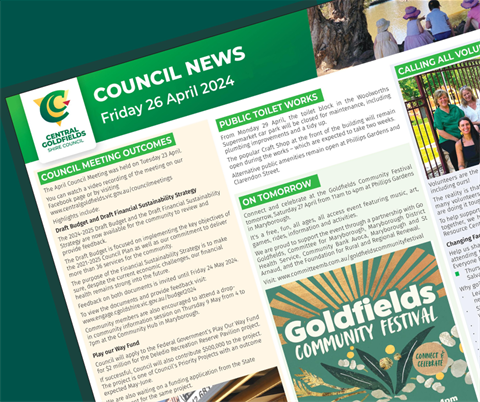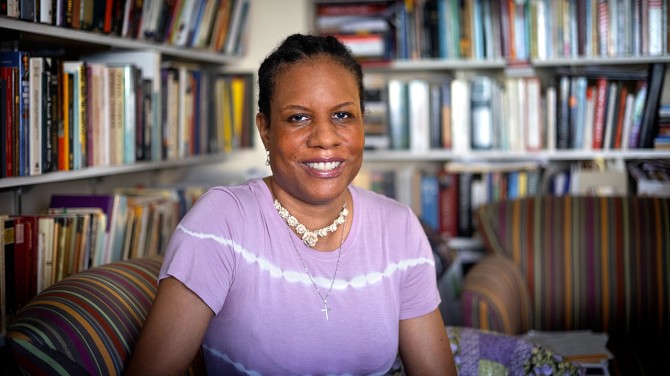Women were 7-10 percentage points less likely to vote for the Coalition compared to men, according to Australia Institute research conducted from the evening of the May 21 federal election, and a subsequent poll taken in June 2022.
Analysis of exit-polls also shows that Australians viewed the ‘treatment of women in politics’ as the second biggest weakness for the Coalition, coming narrowly behind ‘the state of aged care’ out of a list of 20 options.
The analysis comes amid public comments from the Coalition regarding their challenges with women.
Key Points:
- Australians think that ‘the treatment of women in politics’ was the second biggest weakness for the Coalition in the federal election (66%), out of a list of 20 options, behind ‘the state of aged care’ (67%).
- There was a 7 percentage point gap between the male and female Coalition primary vote in the exit poll, 37% and 30% respectively.
- Three weeks after the election, the gap widened to 10 percentage points, with 28% of women saying they would vote for the Coalition, compared to 38% of male voters.
- Only nine out of 42 Coalition MPs are women following the 2022 election
“Research and analysis following the federal election shows the Coalition still has a lot of ground to make up with Australian women voters,” said Ebony Bennett, Deputy Director of the Australia Institute.
“This research shows it’s little wonder Liberal Party Senators like Linda Reynolds are publicly voicing concern that the Coalition had its worst result in 30 years for female representation in the House of Representatives.
“Voters said that the ‘treatment of women in politics’ was the second biggest weakness for the Coalition at the recent election, coming narrowly behind ‘the state of aged care’.
This latest research is consistent with an earlier research report from the Australia Institute into social media advertising during the election, which revealed Labor and the Greens had significantly more engagement online with women voters compared to the Coalition.








